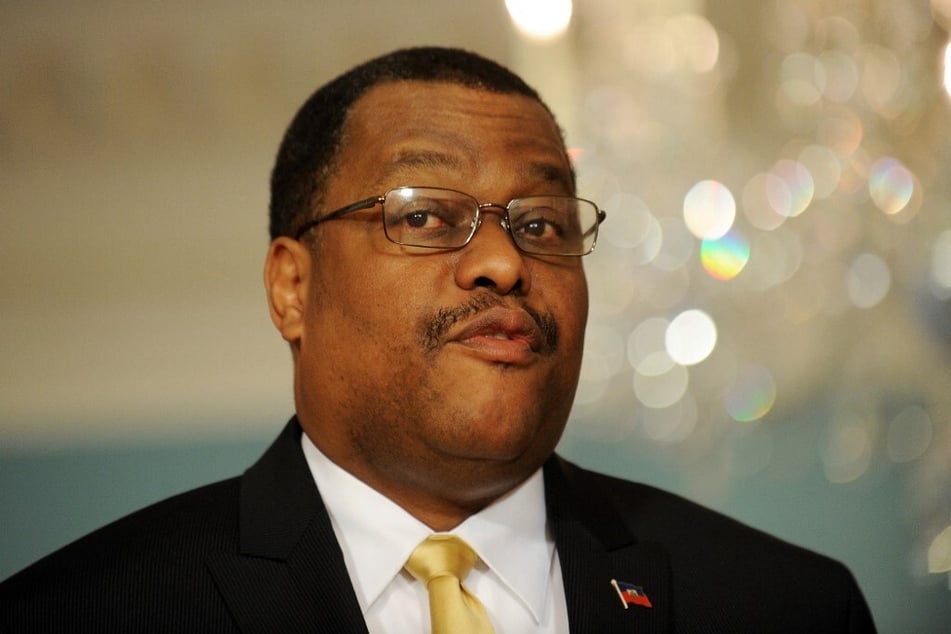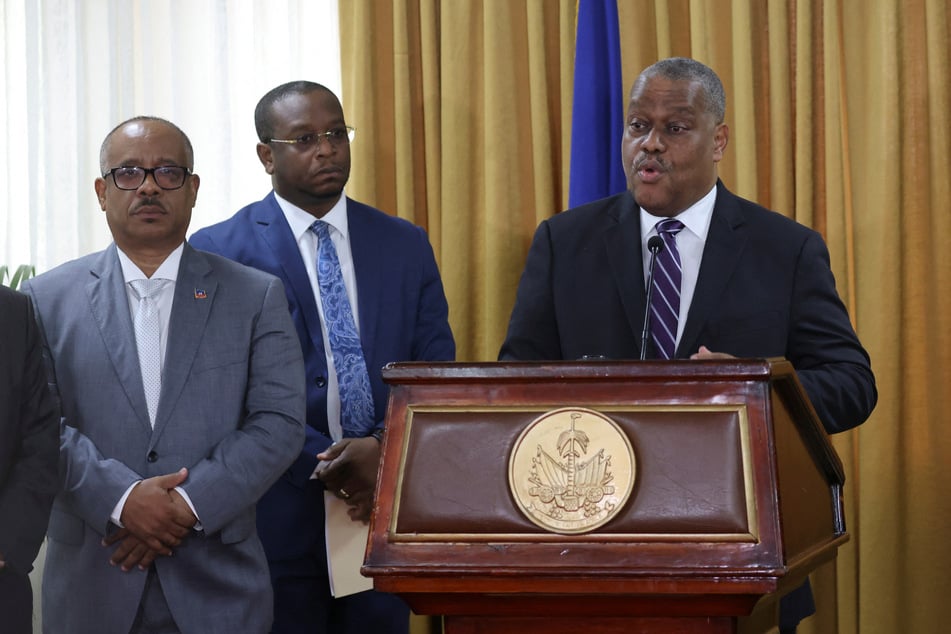Garry Conille sworn in as Haiti's new prime minister
Port-au-Prince, Haiti - Garry Conille was sworn in as Haiti's prime minister on Monday, promising to "deliver" for the impoverished Caribbean nation grappling with overlapping security, humanitarian, and political crises.

Conille was appointed by the transitional presidential council running the country following the resignation in April of Prime Minister Ariel Henry, as gang violence surged.
"Let's get to work and I assure you that we will deliver what we promised," the 58-year-old said at the ceremony at the Villa d'Accueil, an official government building in the capital Port-au-Prince.
His swearing-in empowers him to form a government in consultation with the council, its head, Edgard Leblanc Fils, said.
"We are counting on Dr. Conille to implement the policies agreed with the presidential council, in order to address the problem of insecurity in particular, as well as to improve the country's economy, reform its institutions and hold credible, democratic and free elections by the end of 2025," he added.
A medical doctor by training, Conille had served as Haiti's premier for a short period in 2011-2012, and was until recently regional director for UN aid agency UNICEF.
Haiti suffering amid generations of colonial exploitation

The job before Conille is monumental: to relieve the crises devastating the poorest country in the Western Hemisphere and to pave the way for the first elections since 2016.
Gang violence has long wracked the country, but at the end of February, armed groups launched coordinated attacks on strategic sites in Port-au-Prince, claiming they wanted to overthrow the unelected and unpopular Henry.
Henry had been running the country as prime minister after the assassination of President Jovenel Moise in 2021. The country has not had a president since.
The violence is affecting food security and humanitarian access, with much of the capital in the hands of gangs accused of abuses including murder, rape, looting, and kidnappings.
The present-day chaos traces its roots to exploitation by Western nations – including the US – due to Haiti's symbolic status as the first Black Republic established by formerly enslaved people.
After Haiti's triumph over colonialism, France used military force to demand the fledgling country pay 150 million francs in regular installments. A 2022 New York Times analysis found that the money Haiti gave France would have added at least $21 billion to the country's economy over the last two centuries.
The US also played a role in undermining Haitian independence. American Marines invaded and looted Haiti's National Bank in December 1914, transferring $500,000 in gold reserves to New York. The next summer, the US launched a 19-year occupation of the country.
This legacy of intervention triggered persisting cycles of debt, vulnerability, and trauma. Western nations have made matters worse by continuing to interfere in Haitian elections and to manufacture the weapons enabling today's gang violence, sparking growing calls for reparations.
Cover photo: JEWEL SAMAD / AFP

